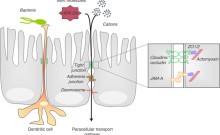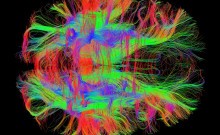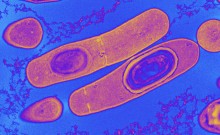There is a glossary of scientific evidence on the role of forgiveness and its positive outcomes. (Forgiveness as human strength: Theory, measurement, and links to well-being. Michael E McCullough Journal of Social and Clinical Psychology; Spring 2000; 19, 1; Psychology Module)
Now please imagine for a second that you are a Doctor and you have a patient in your office. He is 64. He is diagnosed with depression and high blood pressure. Lets say for the sake of simplicity that he suffers from PTSD after a car accident and complains of having had an angry father who when drunk ‘lost it on the family’. The odds are, even if his father wasn’t angry, he would likely have given this patient several beatings as a kid, considering that four decades ago it was ordinary to physically punish our children.
If you know anything about medicine you would know that this client is in need of treatment. If you don’t treat, you would be ethically and legally liable.
Would you say then, based on available research, it is prudent as part of his treatment yo include an honest conversation about the powerful and invariably human emotion of forgiveness? Or, would you rather not, and simply write the prescription?







Nature's Answer Astragalus Coupons
January 29, 2016 12:10 amYour style is so unique in comparison to other
folks I have read stuff from. I appreciate you for posting when you’ve
got the opportunity, Guess I will just bookmark this web site.